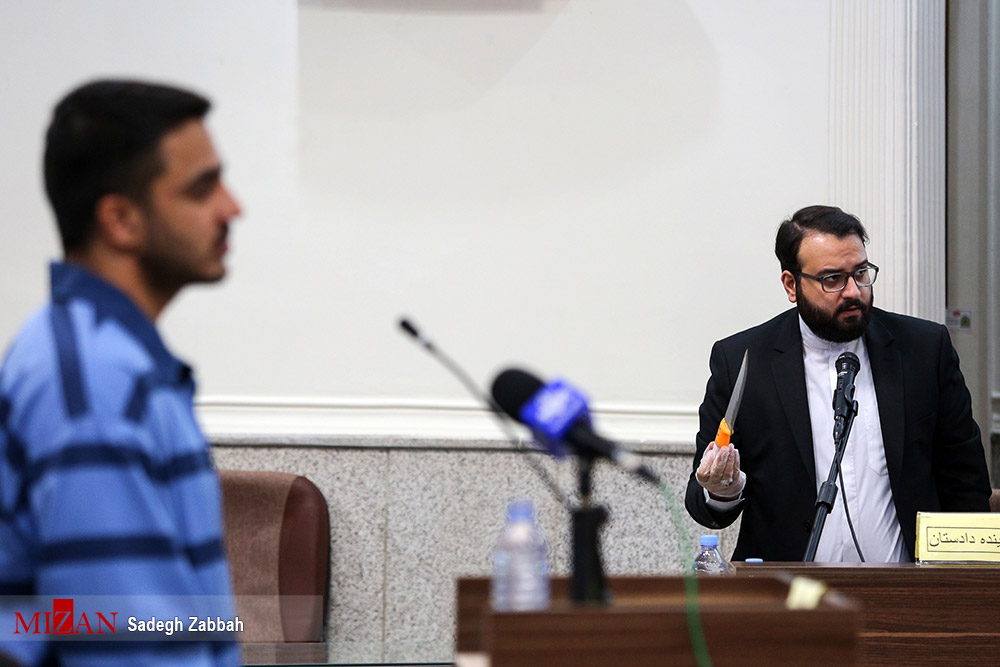Protester Majidreza Rahnavard Publicly Executed 23 Days After Arrest

Iran Human Rights (IHRNGO); December 12, 2022: The Islamic Republic judiciary has announced the public execution of protester Majidreza Rahnavard in Mashhad, just 23 days after his arrest. He is the second protester to be executed in five days after the execution of Mohsen Shekari on December 8.
Iran Human Rights condemns Majidreza Rahnavard’s execution in the strongest possible terms and repeats its call on the international community for urgent action and warns that in the absence of serious measures to deter the Islamic Republic from executing protesters, we will be facing even more horrific crimes like the 1980s mass execution of political prisoners.
Director Mahmood Amiry-Moghaddam said: “The public execution of a young protester, 23 days after his arrest, is another serious crime committed by the Islamic Republic leaders and a significant escalation of the level of violence against protesters. Majidreza Rahnavard was sentenced to death based on coerced confessions, after a grossly unfair process and a show trial. This crime must be met with serious consequences for the Islamic Republic. There are thousands of detained protesters, and a dozen death sentences already issued. There is a serious risk of mass-execution of protesters. Today's execution must receive such a strong response as to deter the Islamic Republic leaders from more executions."
"The Islamic Republic leaders are committing such crimes because they need to spread fear among people and save the regime from the nationwide protests. They have committed grave human rights crimes before. In the 1980s, thousands of protesters and political opponents were executed. The perpetrators of those crimes are now holding key positions of power. Unless the political cost of the executions is increased significantly, we will be facing mass executions,” he added.
The Islamic Republic’s judiciary announced the public execution of protester Majidreza Rahnavard in the early hours of December 12. The 23-year-old protester was arrested on November 19, two days after the alleged incident and his trial took place just ten days later.
Majidreza was sentenced to death for charges of moharebeh (enmity against god) through killing 2 and injuring 4 with a cold weapon (knife) by the Mashhad Revolutionary Court presided over by Judge Mansouri. It is not clear when the sentence was upheld by the Supreme Court.
Majidreza Rahnavard was executed just 23 days after arrest.
At least nine other protesters have officially been sentenced to death and dozens more charged with death penalty charges.

Article 279 of the Islamic Penal Code (IPC), moharebeh is defined as “drawing a weapon on the life, property or chastity of people or to cause terror as it creates the atmosphere of insecurity.” Article 282 sets out the punishments of “death penalty, crucifixion, amputation of right hand and left leg and banishment” which the judge has the discretion to choose per Article 283.

